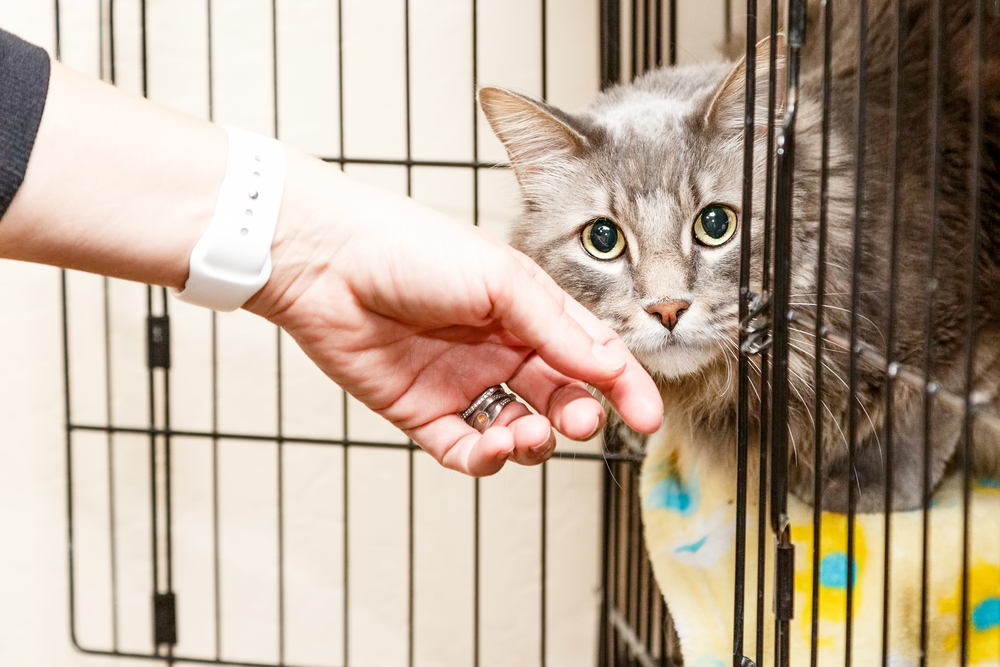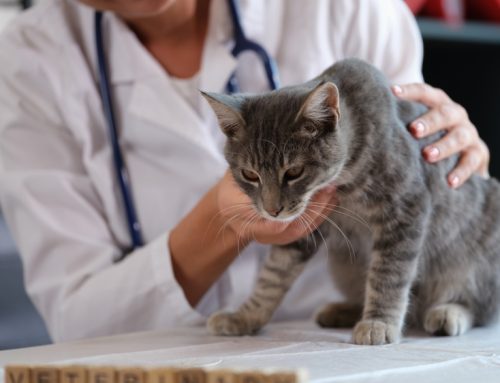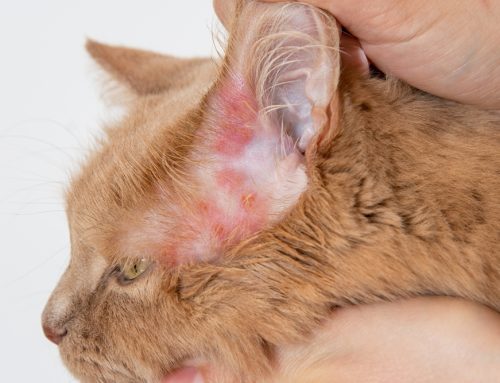Choosing a new pet involves difficult decisions that should be faced logically rather than emotionally. Sure, your kids may want a German shepherd puppy, but your on-the-go lifestyle and jam-packed schedule may not make a high-energy puppy who needs extensive training and exercise to be happy and healthy the best choice.
Before bringing home a new pet, carefully consider the following five factors to make the best pet choice for your family.
#1: Your pet budget
Pets aren’t cheap. From the initial cost of purchasing a new pet and all their essentials, to ongoing care and upkeep, pet ownership can put a substantial dent in your budget. Before deciding on your pet type, evaluate your budget and determine how much you can afford each month for pet care. Then, estimate the amount you will need to spend to care for your ideal pet, including:
- Food
- Treats
- Toys
- Bedding
- Leash and collar or harness, and a microchip
- Litter
- Habitat (e.g., cage, aquarium, aviary)
- Training
- Grooming
- Boarding
- Veterinary care
- Pet health insurance
While smaller pets typically cost less to feed—at least in terms of Chihuahuas versus Great Danes—small pets are not inexpensive in every way. For example, a chinchilla is a relatively small pet, but an appropriately sized habitat and all the trappings (e.g., dust bathing house, nesting box, ramps, ladders, hay feeders) can easily cost hundreds of dollars. Research how much a pet costs before you bring them home to ensure you do not run into financial trouble.
#2: Your available space for a pet
If you live in a studio apartment, a 200-pound Great Dane may not be the best pet for you, especially if you have no nearby green space to walk your dog. Carefully consider how much room your potential pet and their habitat require, and how much outdoor space they would need. Living, exercise, and play areas may overlap, but the combined space must meet your pet’s needs.
#3: Your lifestyle and your pet
The type of life you lead, or want to lead, should play a large role in choosing the right pet. For example, if your children are currently in high school, and you are waiting for them to go off to college before you begin traveling, a pet who requires a great deal of care and attention may not be the best choice. Alternatively, if you are an empty-nester working from home, a senior pet who needs plenty of love and care to thrive may be the perfect fit.
#4: Your free time for your pet
Taking care of a pet can eat up a lot of free time, so ensure you will be at home often enough to take care of all your pet’s needs. A puppy who needs training, exercise, and playtime typically requires a bigger time commitment than an older pet. If you have little free time, but still want a pet, a low-upkeep fish or snake may be best.
#5: Your pet preferences

Above all, consider what you want in a pet. Bringing home an animal simply to have a pet is not a good idea. Instead, you should be careful and deliberate, and factor in all the things you are looking for in a pet, such as:
- Purpose — While companionship is the primary purpose for most pets, you may want to consider secondary purposes. For example, a large-breed dog with an intimidating bark can help you feel safe while home alone, a high-energy pup can spur you into finally reaching those fitness goals, or a snake, lizard, or tarantula can fill your requirement of an out-of-the-ordinary pet.
- Personality — People generally choose pets with similar personalities, although opposites also attract in pet-owner relationships. Outgoing, active people often want pets with the same high energy level and friendly nature, while introverted bookworms may prefer a lazy pet who will cuddle with them on the couch as they work their way through their to-read pile.
- Appearance — Although you shouldn’t choose a pet based solely on the way they look—after all, every tiny puppy and kitten looks too adorable to pass up—most people are drawn to animals with a certain appearance. For example, you may fall in love with every black-and-white speckled dog, or be a sucker for any cat with long, plush fur. While your new pet’s looks are only skin-deep, specific appealing characteristics can ultimately influence your choice.
- Age — Pets in any life stage require a great deal of care to ensure they remain happy and healthy, but each age has different needs. Puppies and kittens need plenty of time devoted to training and exercise, while senior pets may sleep more, but have time-consuming, labor-intensive health issues.
Welcome to the family! We can’t wait to meet your new addition and ensure they are in good health. If your new pet is of the canine or feline variety, schedule an initial wellness visit with our Chiefland Animal Hospital team.








Leave A Comment